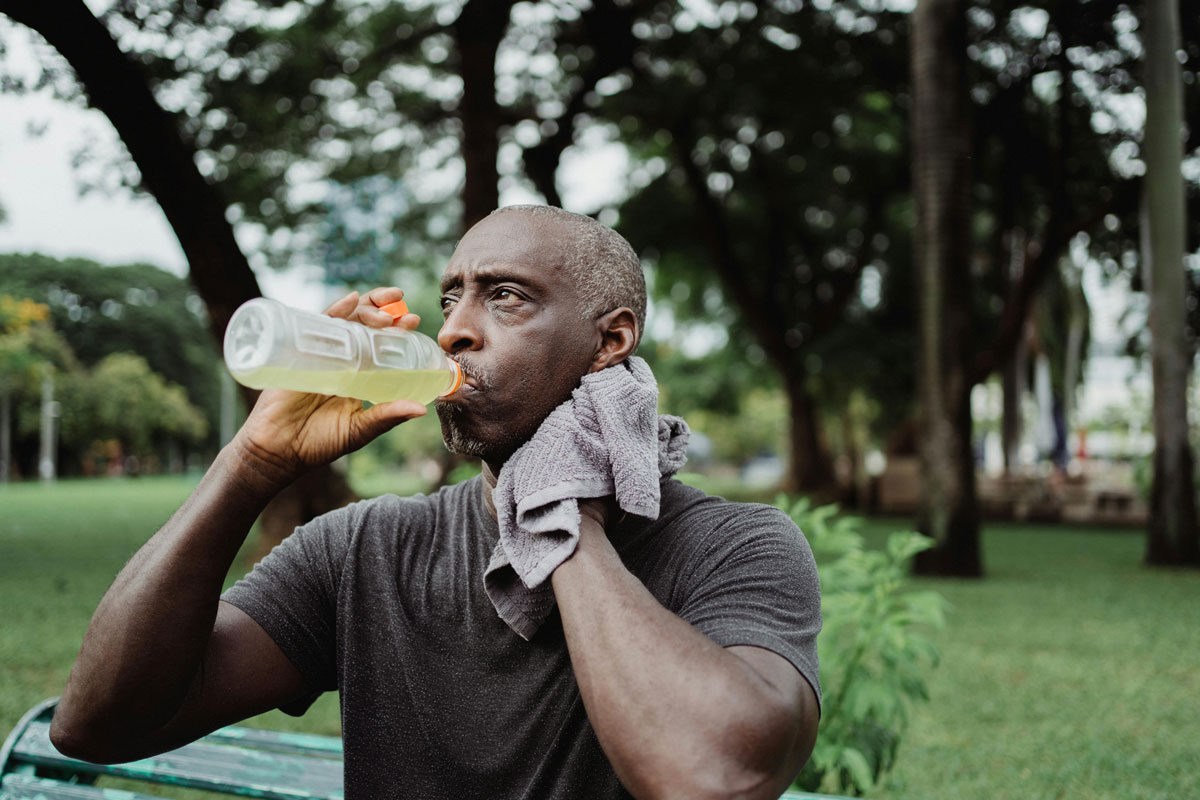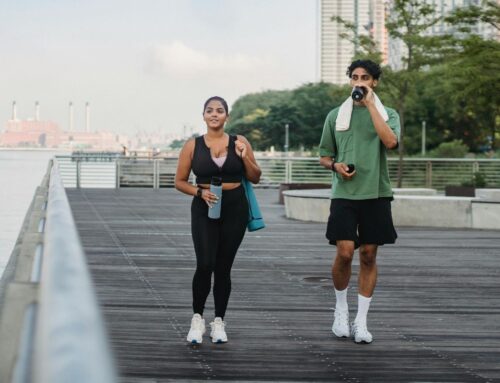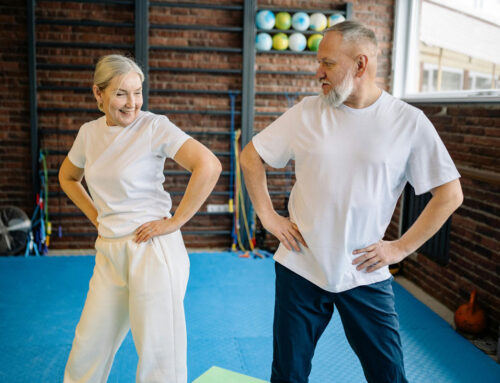An average person sweats between 0.8 to 1.4 litres of fluid per hour of exercise. Most endurance athletes might already be aware of the crucial vitamins they lose through sweat, but many non-competitive athletes may think it’s only water (and salt) they’re losing through their pores.
Regardless of whether you’re a casual or professional athlete, it’s always good practice to replace water soluble vitamins like C and the range of Bs that sweat carries out during intense training. Here are some ways to help restore important nutrients post-workout.
B vitamins play a role as coenzymes in the energy production of cells. Exercise appears to especially increase the loss of thiamin, riboflavin and vitamin B6. In fact, the body might need to take in twice the daily recommended amount of these vitamins to replace what the body sweats out through exertion.
In the case of vitamin C, multiple studies have found blood and plasma levels of vitamin C to be lower in those who exercise, since stores are used to combat exercise-induced oxidation in muscles and other cells, which is brought on by physical activity. Vitamin C also plays an important role in muscle growth, as it’s essential for building collagen, the connective tissue that helps repair tissues and tendons.
Research shows that vitamin C may even help reduce post-exercise pain and inflammation due to its ability to help repair the tiny tears in our muscle fibres that can result in muscle soreness and pain after workouts. Proper vitamin C supplementation both pre and post-workout can be effective in helping prevent deficiencies and promote faster muscle recovery.
Although there is evidence that exercise increases the demand for these vitamins, supplementation does not appear to have an enhancing or ergogenic effect. The general consensus among sports nutritionists is that most athletes and active individuals would be able to meet these increased nutrient demands by eating a balanced diet.
Individuals at greatest risk for exercise-induced vitamin deficiency are those following a low-fat or low-calorie diet, and those who don’t eat enough fruits, vegetables and whole grains. In these individuals supplementation of the above key nutrients to prevent deficiency is crucial.
How do you monitor mineral loss/maintain your levels during and after a workout? Tell us! Leave a comment in the section below.







Leave A Comment